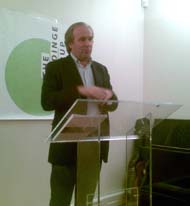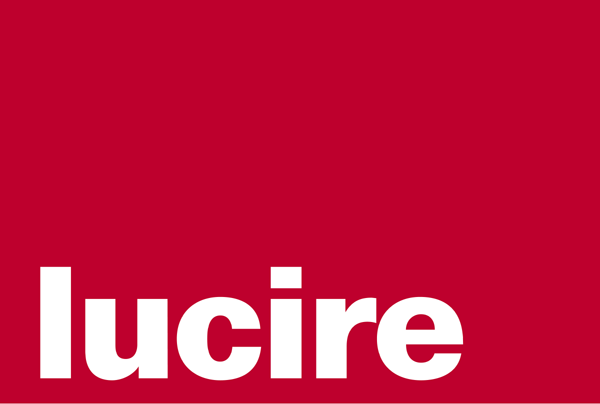 Now that the debate between Gov. Sarah Palin and Sen. Joe Biden is over, the news is swinging back on to the discussions of the $700 billion proposed bailout by the US Government for its troubled finance firms. On Reuter today, experts are discussing whether this bailout signals the end of the US’s soft power.
Now that the debate between Gov. Sarah Palin and Sen. Joe Biden is over, the news is swinging back on to the discussions of the $700 billion proposed bailout by the US Government for its troubled finance firms. On Reuter today, experts are discussing whether this bailout signals the end of the US’s soft power.
I have put up a more detailed post elsewhere, because it is not the scope of a fashion magazine to have a full-on political and economic discussion. However, the idea of waning American soft power impacts on the fashion world.
I don’t think we’re going to see any change in the way brands develop and become part of the consumer market. The difference is that corporations in the Far East, south Asia and the Middle East are learning the same techniques in targeting first-world and other western markets. Northern Europe and Russia are in a good position, too.
This means a very different landscape for brands in the 21st century.
It won’t mean that the existing brands we all know will change. They have tried to cement their positions, diversifying to cover as many markets as possible. But new brands will begin occupying our share of mind in years to come.
A few years ago I said socially responsible brands were the way forward. That has now come to pass. The next group may well be those that bridge that sense of irony of being non-American but using marketing techniques refined in America. In other words, brands that portray a sense of being global and inclusive might tap in to the emerging Zeitgeist. The United Colors of Benetton, if you will, but updated and more widespread.
This potential trend ties in to some of the forces I write about on my work blog: ‘In a society obsessed with quality rather than meaning, people may well wind up apeing or become attracted to the metropolitan centres of the Middle and Far East, kids heading off on their overseas’ experiences to these regions because of the money to be made.’
This new obsession with places such as Doha, Dubai and Shanghai points to the same global mindset.
Another interesting force that will be unleashed with the financial crisis is a backlash against globalization or, more accurately, the negative side of globalization, such as worker abuse.
I don’t know any of this for sure but I am hopeful in general. Perhaps I am a born optimist. ‘The best result of all the chaos is likely to be one that returns to basic principles, emphasizing why we have these systems in the first place, embracing the idea of real corporate social responsibility, and removing greed from our list of ambitions,’ I wrote. The end result might, for once, be positive—because this time, there is greater sharing of ideas going on with the internet, and it’s no longer controlled or even dominated by an élite.
One more from our Miss Universe New Zealand ’08 shoot
The Wallace & Gromit Children’s Foundation needs your help
Global brands will emerge from the financial crisis
Categories
branding / corporate social responsibility / culture / fashion / GCC / globalization / history / Lucire / New York / society / tendances / trend / Web 2·0 / Zeitgeist
Filed by Jack Yan
branding / corporate social responsibility / culture / fashion / GCC / globalization / history / Lucire / New York / society / tendances / trend / Web 2·0 / Zeitgeist
Filed by Jack Yan








